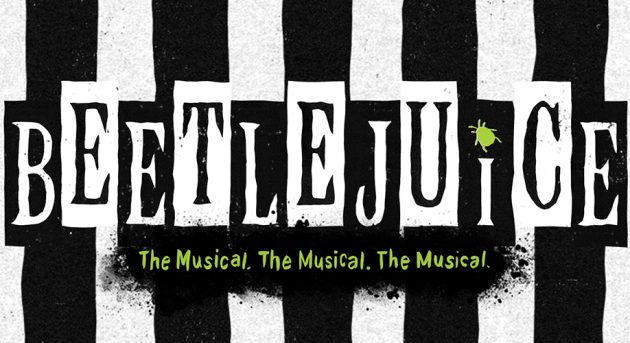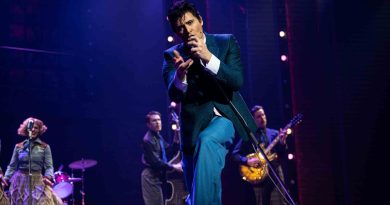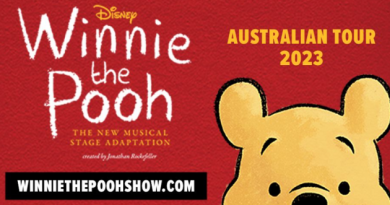From Underdog to Unconventional Success: The Gen Z-driven Resurgence of Beetlejuice on Broadway
In 2019, the iconic Tim Burton horror comedy, Beetlejuice, found a new life on Broadway, transitioning from the silver screen to the stage with a darker and hilariously entertaining twist. Despite initial setbacks, notably harsh criticisms from esteemed publications, including Ben Brantley from the New York Times, the show’s reimagined storyline and innovative strategies transformed it into a beacon of success, especially among the Gen Z audience.
In the kaleidoscope of the 21st century, Gen Z, born between the mid-1990s and early 2010s, stands out with their unique digital-first perspective, making them vastly different from their predecessors. Immersed in technology from birth, they’ve evolved as quick information sifters, demanding authenticity and inclusivity in all spheres. Their worldview, moulded by the digital age, champions diversity, global consciousness, and a keen eye for authenticity. With a proactive stance on global issues, an appetite for unique experiences over materialism, and an economic pragmatism shaped by witnessing the aftermath of the Great Recession, Gen Z is reshaping industries and setting the tone for the future.
Upon its theatrical debut, audiences were introduced to a renewed Lydia Deetz, who was given more depth in the stage adaptation. The character effectively became a vehicle to navigate poignant themes of grief and loss, adding a layer of emotional gravitas to the supernatural comedy, which contrasted beautifully with the show’s overall comedic undertones.
Beetlejuice not only assumed a more central role in the musical but also established himself as the self-proclaimed ‘ghost-host’ of the evening. His frequent breaking of the fourth wall captivated viewers, immersing them further into his macabre world. This charismatic demon, with his energetic antics and meta jokes, offered audiences a roller-coaster of emotions, from laughter to empathy.
Musically, Eddie Perfect’s compositions added another layer to the character-driven narrative. These songs delved deeper into the minds and emotions of the characters, blending various genres like rock, punk, and calypso, enriching the storyline while keeping viewers musically engaged.
Although the musical retains the gothic whimsy of Burton’s original film, it takes liberties to ramp up the humour with meta-theatrical jokes and numerous nods to its cinematic predecessor. Notable plot tweaks include Beetlejuice’s more elaborate marriage scheme involving Lydia, and an added subplot about a race against time to prevent the demolition of the Maitland house.
While staying true to the film’s eccentric spirit, it’s unafraid to chart its own course, proving to be a visually spectacular, emotionally resonant, and uproarious experience. The musical’s audacious reinvention, especially in catering to the sensibilities of Gen Z, showcases the limitless possibilities inherent in the world of theatre.
The diverse and distinctive musical choices in the show also contributed to its success. Eddie Perfect’s music and lyrics drew from various genres, catering to the eclectic tastes of Gen Z listeners. From Lydia’s angsty anthems reminiscent of ’90s grunge and pop-punk to Beetlejuice’s rock songs, the score was a testament to Gen Z’s wide-ranging tastes.
The success of Beetlejuice stands as a testimony to the potential benefits of catering to a younger demographic, particularly for adaptations of classics revered by an older generation. This strategy may very well be the life-saving factor for such shows teetering on the brink of closure.




